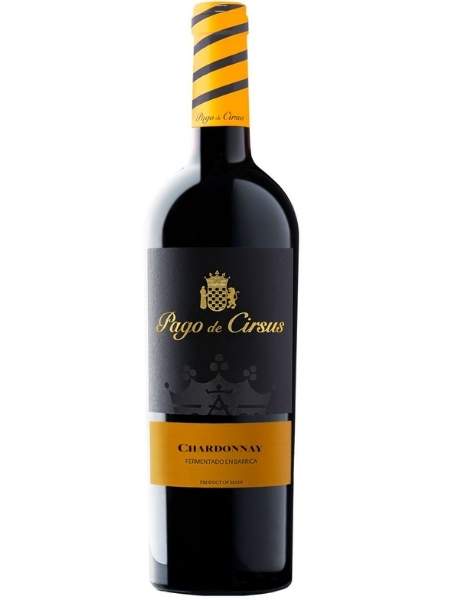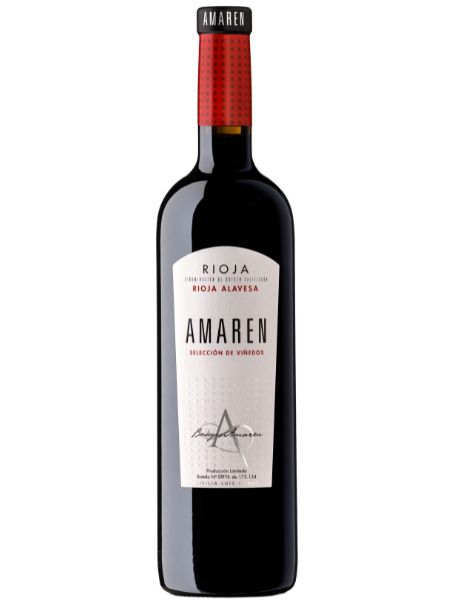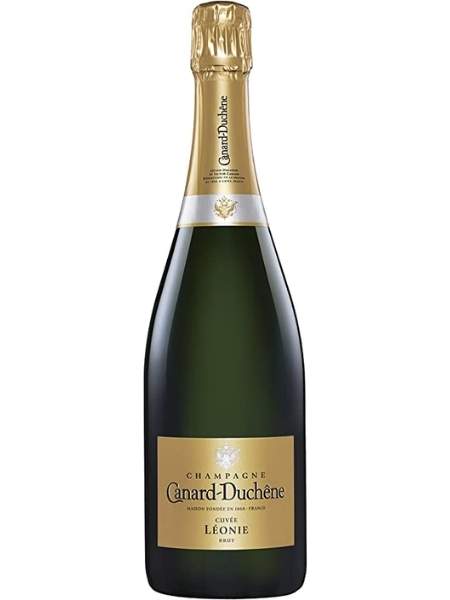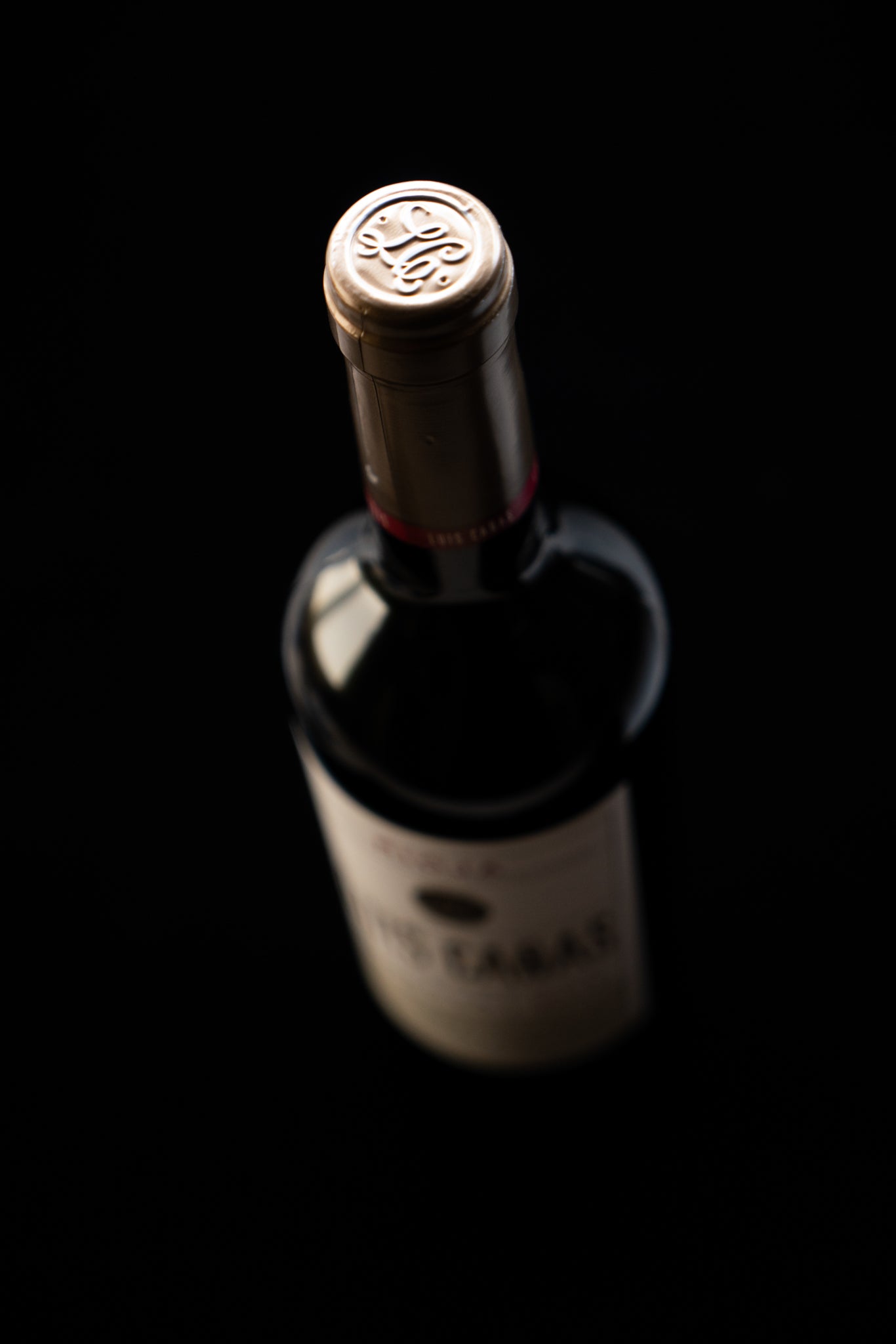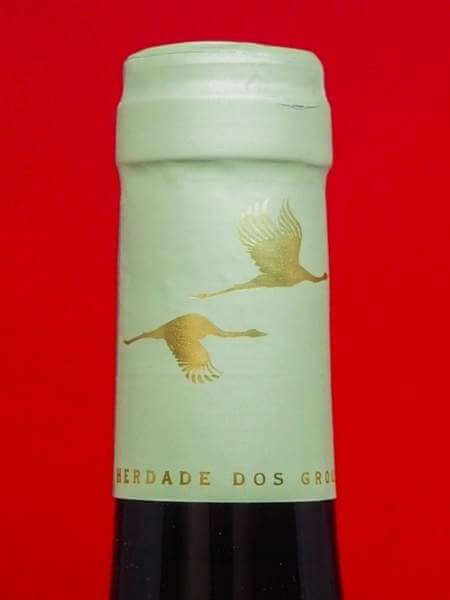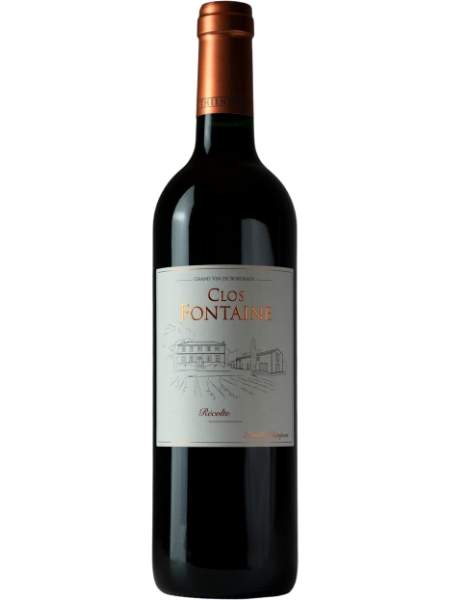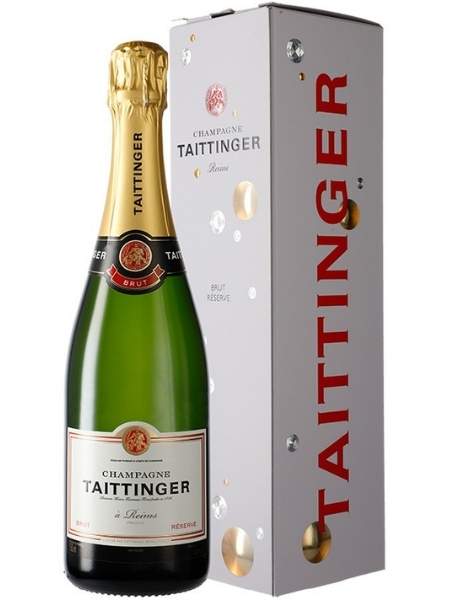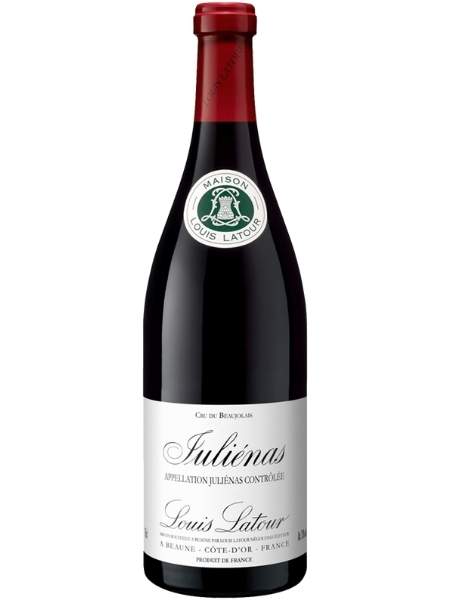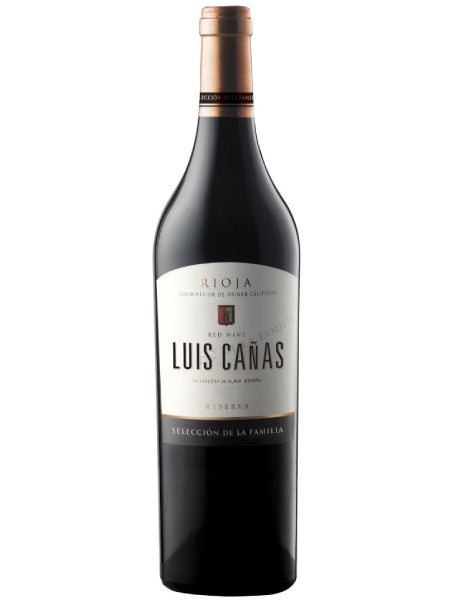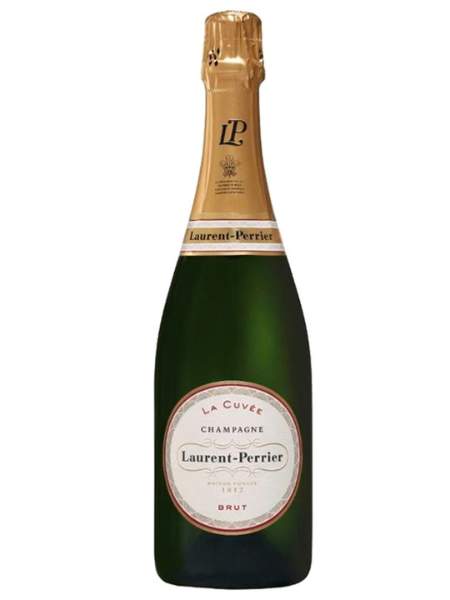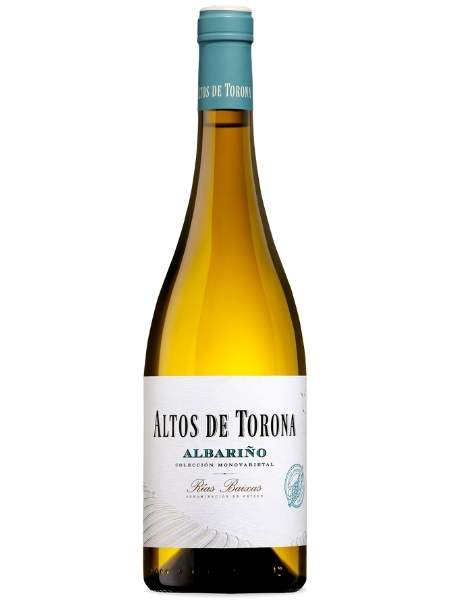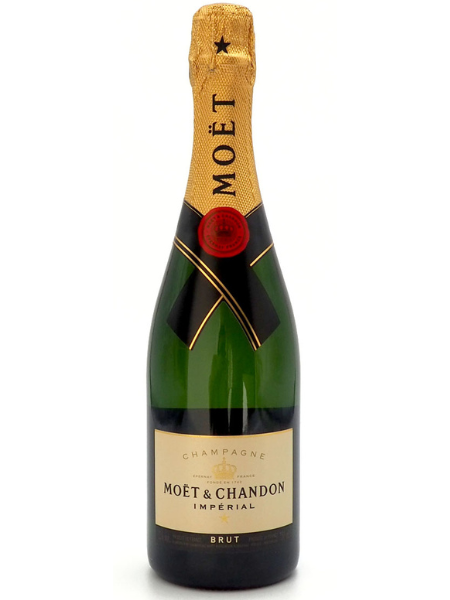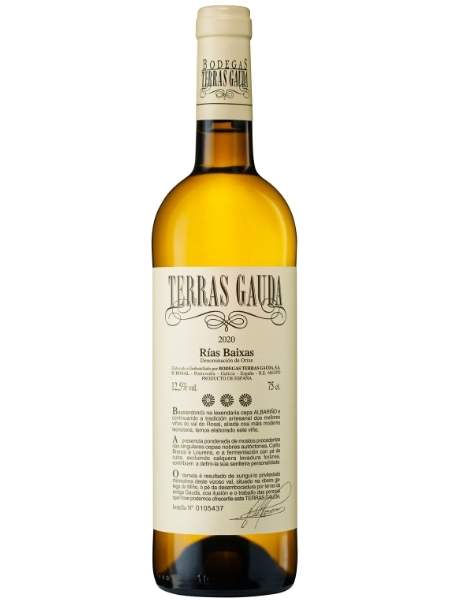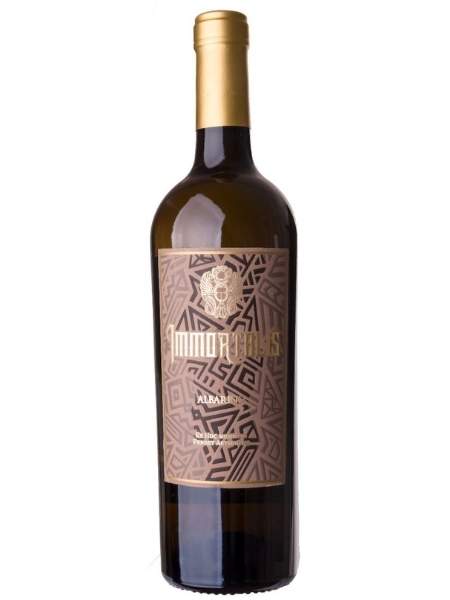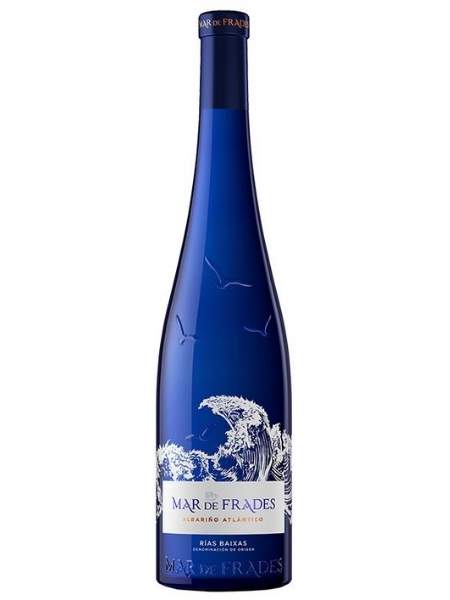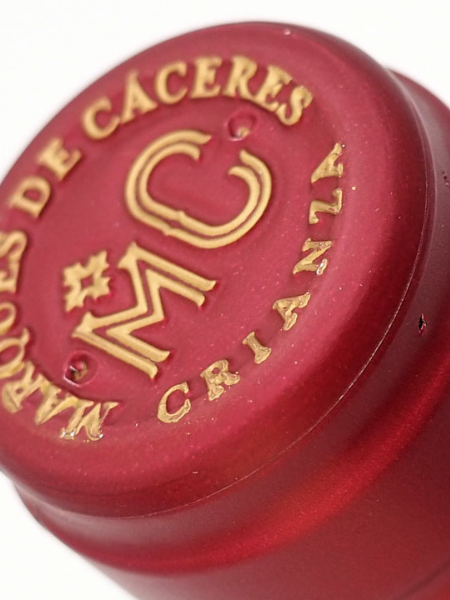
Can Rosé Wine Go Off? – Essential Wine Storage Tips for Your Favourite Blush

When it comes to enjoying the perfect glass of rosé, freshness is key. But like all good things, wine too can fall victim to time. It begs the question – can rosé wine go off? In this blog post, we'll uncork the truths about Rose Wine Spoilage and share invaluable Wine Storage Tips to ensure every sip is as delightful as the first.
The Lifespan of Rosé Wine
Unlike fine reds that may mature gracefully over the years, rosé wines are meant to be savoured soon after they are purchased. These wines are celebrated for their bright, crisp flavours – a trait that is best preserved when consumed within a certain timeframe.
Typically, a bottle of rosé is at its prime within the first two years. Beyond that, you may wonder, "When does rose wine go off?" The answer isn't exact due to variances in wine production, but there are telltale signs to watch for.
Spotting Rosé Wine Spoilage
Rosé wine can spoil, and there are a few signs that wine enthusiasts can recognise:
- Colour Change: A vibrant pink or salmon hue is a sign of a healthy rosé. If your wine starts to take on an orange or brownish tinge, it's likely past its prime.
- Off-Putting Smells: Fresh rosé often has a fruity, floral, and sometimes minerally nose. If your bottle emits a scent akin to wet cardboard, stewed fruit, or vinegar, these could be indications of oxidation or contamination.
- Taste Test: A spoiled rosé's flavour profile will be noticeably different. Instead of bright and crisp, it might taste flat, harsh, or sour.
Preventing Premature Spoilage
To avoid the disappointment of a ruined rosé, follow these rose wine tips for proper storage:
- Stable Temperature: Consistency is key. Store your rosé wine in a place with a stable temperature, ideally between 7°C and 18°C. Fluctuations can cause the wine to age prematurely.
- Sideways Storage: If your rosé has a cork, keep the bottle on its side. This ensures the cork remains moist, preventing it from drying out and allowing air to enter and spoil the wine.
- Limit Light Exposure: UV rays can degrade and prematurely age wine, altering its flavour. Keep your bottles in a dark place or away from direct light sources.
- Humidity Matters: Aim for a storage area with a humidity level of about 60%. Too much moisture can lead to mould, whereas not enough can dry out corks.
Conclusion: Savour Every Rose-Tinted Sip
Whether it's a casual mid-week treat or a celebratory toast, your experience with rosé should always be exquisite. Knowing that rosé wine can go off, proper storage becomes an essential part of preserving the quality and enjoyment of your collection. Follow these Wine Storage Tips, and you'll maximise the potential of every bottle, ensuring that your favourite blush remains just as the winemaker intended.
In the market for a delectable rosé or seeking further advice on wine care? Explore our online wine store filled with expertly curated selections that promise to delight any palate.
And remember, keeping these rose wine tips in mind will ensure that the only thing going off is the start of a fantastic wine-tasting experience. Cheers to your next unforgettable glass of rosé!






